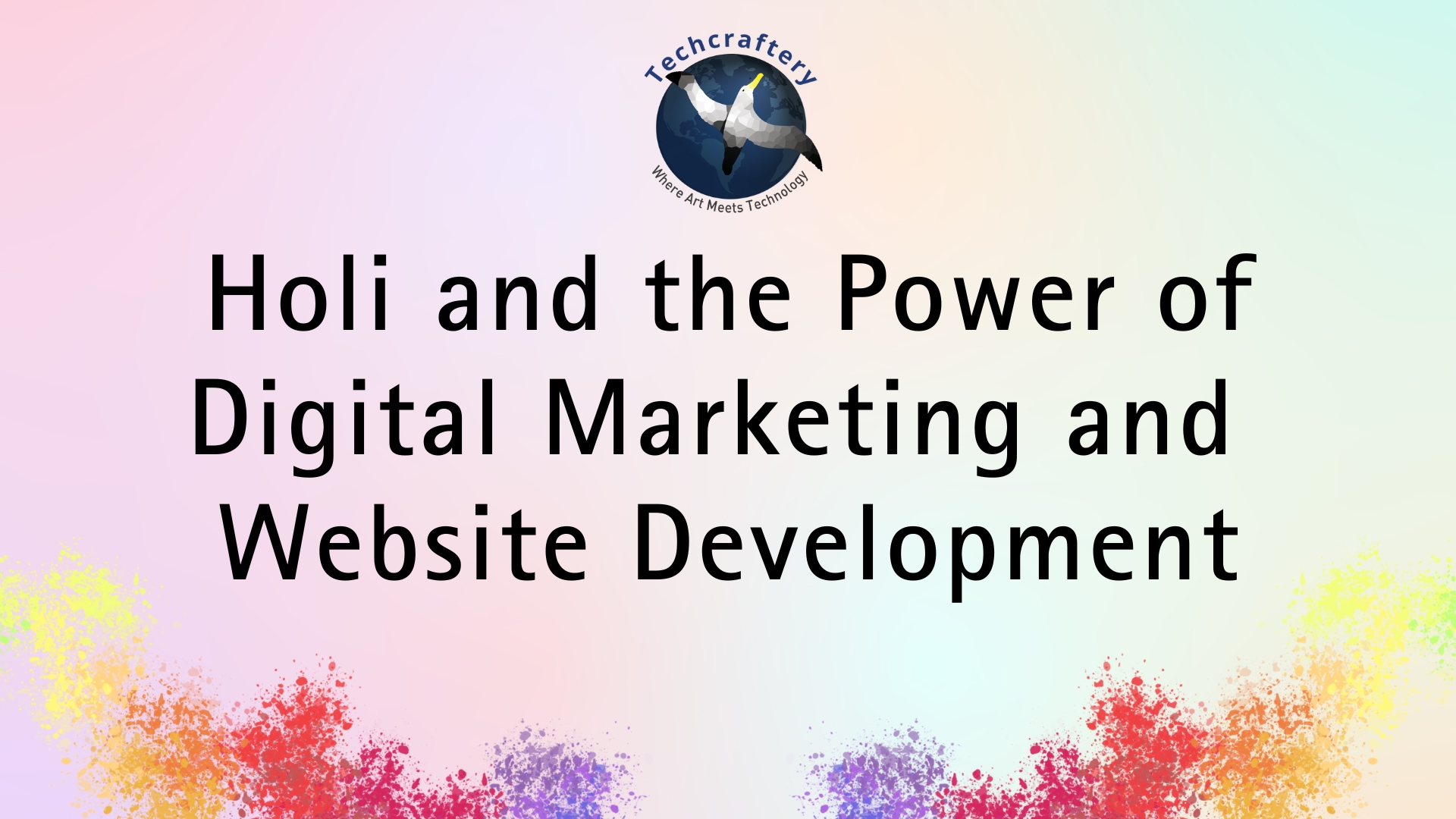Artificial intelligence (AI) is rapidly transforming the world, touching every aspect of modern society, from healthcare and transportation to finance and education. In response to the profound impact AI is having, the United Kingdom (UK) is moving forward with proposed artificial intelligence regulations designed to ensure the technology’s responsible and ethical use. These proposed regulations aim to strike a balance between innovation and accountability, safeguarding individual rights while fostering a climate of AI-driven growth and advancement.
The Emergence of AI and the Need for Regulation
The rapid development of AI technologies has raised important questions about ethics, privacy, and accountability. While AI presents vast opportunities, its deployment also brings risks such as bias, discrimination, job displacement, and breaches of privacy. In light of these concerns, the UK government is taking a proactive approach to address the challenges posed by AI.
The proposed artificial intelligence regulations in the UK reflect a comprehensive framework for overseeing AI systems, with an emphasis on transparency, accountability, and public trust. By implementing clear guidelines and standards, the UK seeks to create an environment where AI can thrive without compromising fundamental values.
Key Components of the Proposed Regulations
The proposed artificial intelligence regulations in the UK encompass several key components, each designed to address specific aspects of AI governance. The following are some of the most significant elements:
- Transparency and Explainability Transparency is at the core of the proposed AI regulations. AI systems must be designed to be understandable to users and stakeholders, with clear explanations for their decisions and actions. This requirement is intended to foster public trust and ensure accountability when AI makes critical choices that impact people’s lives.
- Ethical Framework The proposed regulations aim to establish an ethical framework for AI development and deployment. This framework encourages developers and organizations to consider the ethical implications of their AI systems, ensuring that they do not cause harm or violate human rights.
- Privacy Protection Given the vast amounts of data that AI systems often process, protecting individuals’ privacy is a key concern. The proposed regulations include measures to safeguard personal data, ensuring that AI systems comply with existing privacy laws and do not misuse sensitive information.
- Bias Mitigation AI systems are only as fair as the data they are trained on. The proposed regulations require developers to address bias in AI models, promoting fairness and equality. This involves assessing and correcting any discriminatory outcomes that may arise from the use of AI.
- Human Oversight and Accountability Human oversight plays a crucial role in the proposed regulations. AI systems must be subject to human control, allowing for intervention when necessary. This ensures that ultimate responsibility for AI decisions rests with humans, not machines.
- Regulatory Compliance and Enforcement To ensure compliance with the regulations, the UK government proposes creating a regulatory body responsible for overseeing AI development and deployment. This body would have the authority to enforce compliance and impose penalties for violations.
Balancing Innovation and Regulation
One of the challenges in regulating AI is striking the right balance between fostering innovation and ensuring responsible practices. The proposed regulations in the UK seek to encourage AI development while setting clear boundaries to prevent misuse or unintended harm. This approach acknowledges the importance of AI in driving economic growth and technological advancement while recognizing the need for safeguards.
By implementing a balanced regulatory framework, the UK aims to create an environment that attracts AI talent and investment. This, in turn, can position the UK as a leader in AI governance, serving as a model for other nations seeking to regulate AI effectively.
Collaboration and Global Impact
AI is a global phenomenon, and effective regulation requires international collaboration. The proposed artificial intelligence regulations in the UK emphasize the importance of cooperation with other countries and international organizations. By working together, nations can establish common standards and best practices for AI governance, ensuring a coordinated approach to addressing AI-related challenges.
The UK’s proposed regulations could have a significant impact on global AI development. As more countries consider their own regulatory frameworks, the UK’s approach may serve as a blueprint for responsible AI governance. This collaborative spirit is crucial in addressing the complex and far-reaching implications of AI technologies.
Looking Ahead
As the UK moves forward with its proposed artificial intelligence regulations, the path ahead is both challenging and promising. The success of these regulations will depend on their ability to adapt to evolving AI technologies while upholding ethical principles and safeguarding individual rights. The proposed framework represents a crucial step toward a more responsible and transparent AI landscape.
By focusing on transparency, accountability, and ethical considerations, the UK is setting a precedent for AI regulation that prioritizes public trust and human welfare. As AI continues to evolve, the proposed regulations serve as a reminder that technology’s progress must be accompanied by a commitment to responsible and ethical practices.
- The Emergence of Ghibli-Style AI-Generated Images
 In recent times, the digital landscape has witnessed a surge in AI-generated images emulating the distinctive aesthetic of Studio Ghibli.
In recent times, the digital landscape has witnessed a surge in AI-generated images emulating the distinctive aesthetic of Studio Ghibli. - Sunita Williams: A Trailblazing Astronaut’s Inspiring Journey
 Introduction Sunita Williams is one of the most inspiring astronauts in the history of space exploration. As an Indian-American astronaut
Introduction Sunita Williams is one of the most inspiring astronauts in the history of space exploration. As an Indian-American astronaut - Holi Power of Digital Marketing & Website Development
 1. Social Media Marketing for Holi Promotions Social media platforms like Facebook, Instagram, Twitter, and LinkedIn are buzzing with Holi
1. Social Media Marketing for Holi Promotions Social media platforms like Facebook, Instagram, Twitter, and LinkedIn are buzzing with Holi - How to Make Your Website Look Great on Phones and Tablets?
 In today’s digital age, most users access websites on their mobile devices rather than desktops. A well-designed mobile-friendly website is
In today’s digital age, most users access websites on their mobile devices rather than desktops. A well-designed mobile-friendly website is - Can We Update Our Website on Our Own After It’s Done?
 When a website is built and launched, one common question that business owners have is, “Can we update the website
When a website is built and launched, one common question that business owners have is, “Can we update the website





